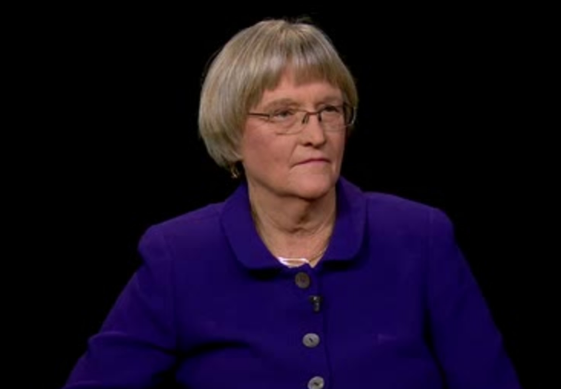Assertions about the irrelevance of universities are part of a broader and growing mistrust of institutions more generally,
認為大學教育無關緊要在一定程度上體現了大眾普遍對機構的不信任心理,
one fuelled by our intoxication with the power and charisma of the individual and the cult of celebrity.
這種心理是由對權力和個人魅力的沉迷以及對名人的盲目迷信造成的。
Government, business, non-profits are joined with universities as targets of suspicion and criticism.
和大學一樣面對種種質疑和批評的還有政府、企業和非營利組織。
There are few countervailing voices to remind us how institutions serve and support us. We tend to take what they do for granted.
而提醒大眾這些機構是如何為我們服務、給我們提供幫助的聲音幾乎沒有。人們常常把這些機構的功勞當作理所當然。
Your food was safe; your blood test was reliable; your polling place was open; electricity was available when you flipped the switch.
食物是安全的、血液檢測可以信賴的、投票站為你敞開著、打開開關就會通電。
Your flight to Boston took off and landed according to rules and systems and organizations responsible for safe air travel.
飛往波士頓的航班起飛和降落都按照各種規則執行著,這些規則和各種系統及組織一起負責保證飛行安全。
Just imagine a week or a month without this "civic infrastructure"
但請試想一下,如果讓你一周或者一個月不使用這些文化基礎設施會怎么樣,
without the institutions that undergird our society and without the commitment to our interdependence that created these structures of commonality in the first place.
如果沒有任何機構來維護社會運轉,沒有人保證各種設施之間可以通用,可以互相依賴,又會怎么樣。

Think of the countries in West Africa that lacked the public health systems to contain Ebola and the devastation that resulted.
試想一下,如果非洲西部沒有公共衛生組織控制埃博拉的發展,那會造成什么樣的破壞。
Contrast that with the network of institutions that so rapidly saved lives and contained spread of the disease when it appeared in the United States.
再把它跟美國各機構構成的能快速拯救生命和控制疾病蔓延的網絡對比一下。
Think about other elements of our civic infrastructure -- the libraries, the museums, the school committees, the religious organizations
再想想我們文化基礎設施中的其他元素--圖書館、博物館、校委會和各種宗教組織,
that are as vital to moving us forward as are our roads and railways and bridges.
它們就跟我們腳下的道路、鐵軌和橋梁一樣,在我們前進的路上至關重要。
Institutions embody our present and enduring connections to one other.
機構承載著我們現在和未來對彼此的承諾。
They bring our disparate talents and capacities to the pursuit of common purpose.
它們幫助我們發揮出各自的天賦和才能,從而去追逐我們共同的目標。
At the same time, they link us to both what has come before and what will follow.
同時,它們把我們與過去和未來相聯系。
They are repositories of values -- values that precede, transcend, and outlast the self.
它們儲存著超前的、比其自身的存在更長久的價值。
They challenge us to look beyond the immediate, the instantly gratifying, to think about the bigger picture, the longer run, the larger whole.
它們要求我們跳出當下的即時滿足,去思考更宏大的外界和更漫長的前路。
They remind us that the world is only temporarily ours, that we are stewards entrusted with the past and responsible to the future.
它們提醒我們,這個世界只是暫時屬于我們,我們肩負著前人的托付,我們要對未來的人負責。
We are larger than ourselves and our selfies.
我們比我們自身和自拍更偉大。












